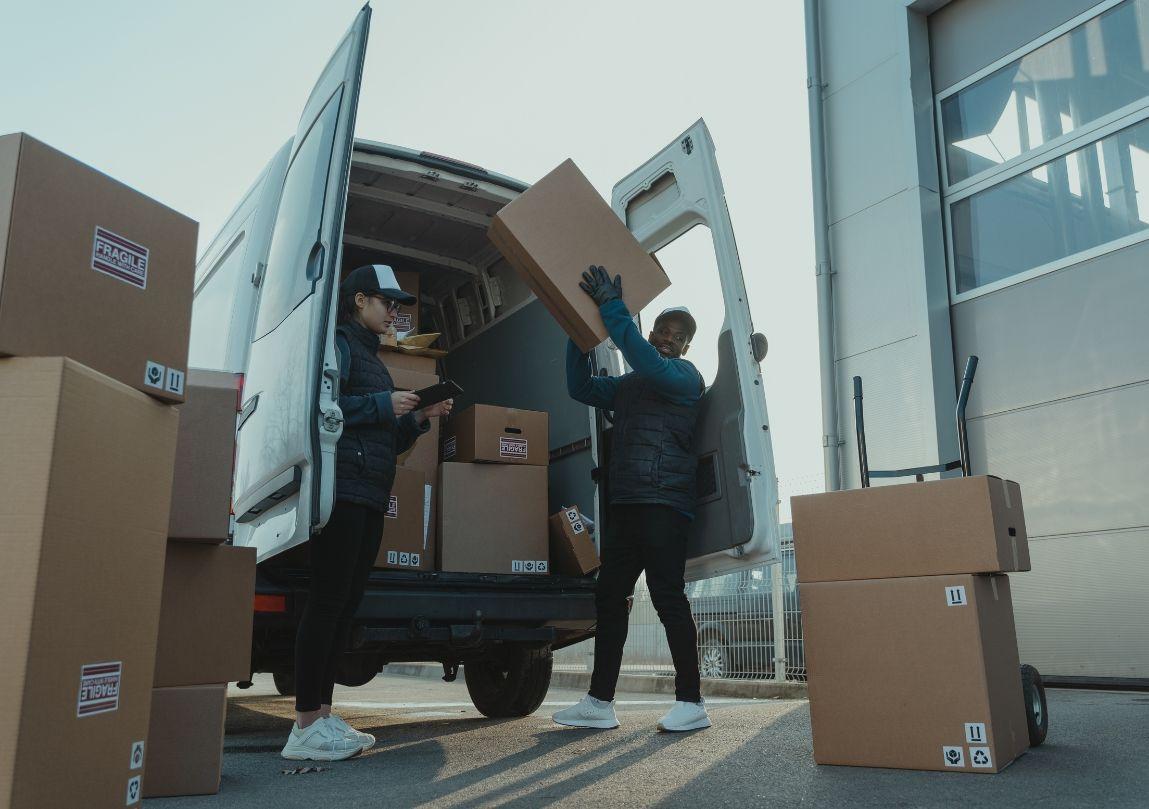Turkey and China are two prominent players in the global textile manufacturing industry, each offering unique advantages and capabilities. While China has long been known as the world's largest textile producer, Turkey has emerged as a formidable competitor, known for its high-quality products, skilled workforce, and strategic geographic location. In this article, we'll explore the advantages of Turkey compared to China in textile manufacturing, highlighting key factors such as quality, reliability, lead times, and sustainability.
**Quality and Craftsmanship**
One of the most significant advantages of Turkey over China in textile manufacturing is the emphasis on quality and craftsmanship. Turkish textile manufacturers are renowned for their attention to detail, precision, and dedication to producing superior products. Unlike mass-produced items from China, Turkish textiles often undergo rigorous quality control processes to ensure that they meet the highest standards of excellence. From luxurious towels and bathrobes to durable fabrics and upholstery, Turkish textiles are prized for their durability, softness, and aesthetic appeal.
**Reliability and Consistency**
Another advantage of Turkey in textile manufacturing is reliability and consistency. Turkish manufacturers are known for their reliability in delivering orders on time and meeting customer specifications. With streamlined production processes and efficient supply chains, Turkish textile companies can respond quickly to customer demands and adapt to changing market trends. This reliability is particularly valuable for businesses seeking consistent quality and timely deliveries to meet their operational needs and maintain customer satisfaction.
**Lead Times and Flexibility**
Turkey offers shorter lead times and greater flexibility compared to China, making it an attractive option for businesses with time-sensitive projects or customized orders. With shorter shipping distances and faster transit times, Turkish manufacturers can expedite order fulfillment and reduce the time required for production and delivery. Additionally, Turkish textile companies are known for their flexibility in accommodating custom orders, allowing businesses to tailor products according to specific design requirements, sizes, and quantities with ease.
**Proximity to European Markets**
One of Turkey's strategic advantages in textile manufacturing is its proximity to European markets. Situated at the crossroads of Europe and Asia, Turkey enjoys favorable trade agreements and logistical connections with European Union (EU) countries, facilitating seamless access to lucrative markets. This proximity reduces shipping costs, transit times, and import/export barriers, making Turkish textiles more competitive in European markets compared to products from distant manufacturing hubs like China.
**Sustainability and Ethical Practices**
Turkey places a strong emphasis on sustainability and ethical practices in textile manufacturing, appealing to environmentally conscious consumers and businesses worldwide. Turkish textile companies adhere to strict environmental regulations and ethical labor practices, ensuring that their operations have minimal impact on the environment and uphold fair labor standards. From eco-friendly production methods to responsible sourcing of materials, Turkey's commitment to sustainability sets it apart from competitors like China, where environmental and labor concerns are often more pronounced.
In conclusion, Turkey offers several advantages over China in textile manufacturing, including superior quality, reliability, shorter lead times, proximity to European markets, and a strong commitment to sustainability and ethical practices. By leveraging these advantages, businesses can benefit from high-quality products, streamlined supply chains, and enhanced market access, ultimately driving growth and success in the competitive global textile industry. Whether you're sourcing towels, fabrics, apparel, or home textiles, Turkey stands out as a premier destination for superior craftsmanship, innovation, and customer satisfaction in textile manufacturing.

